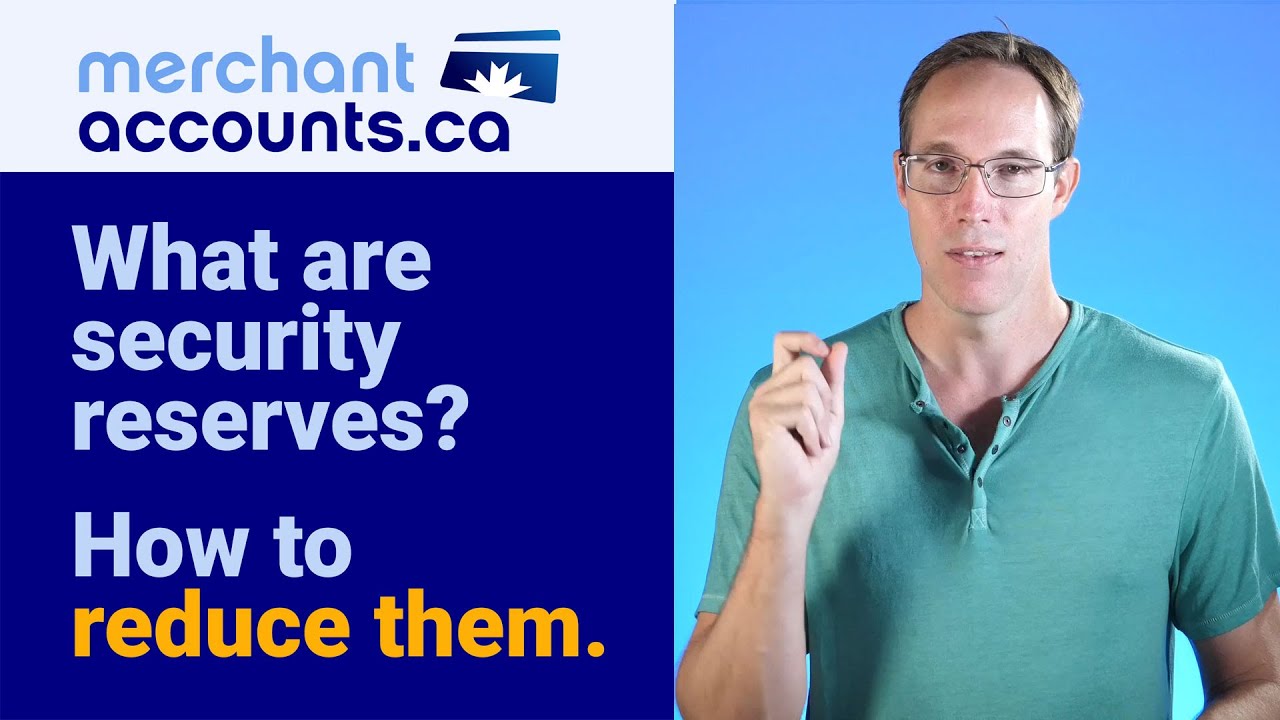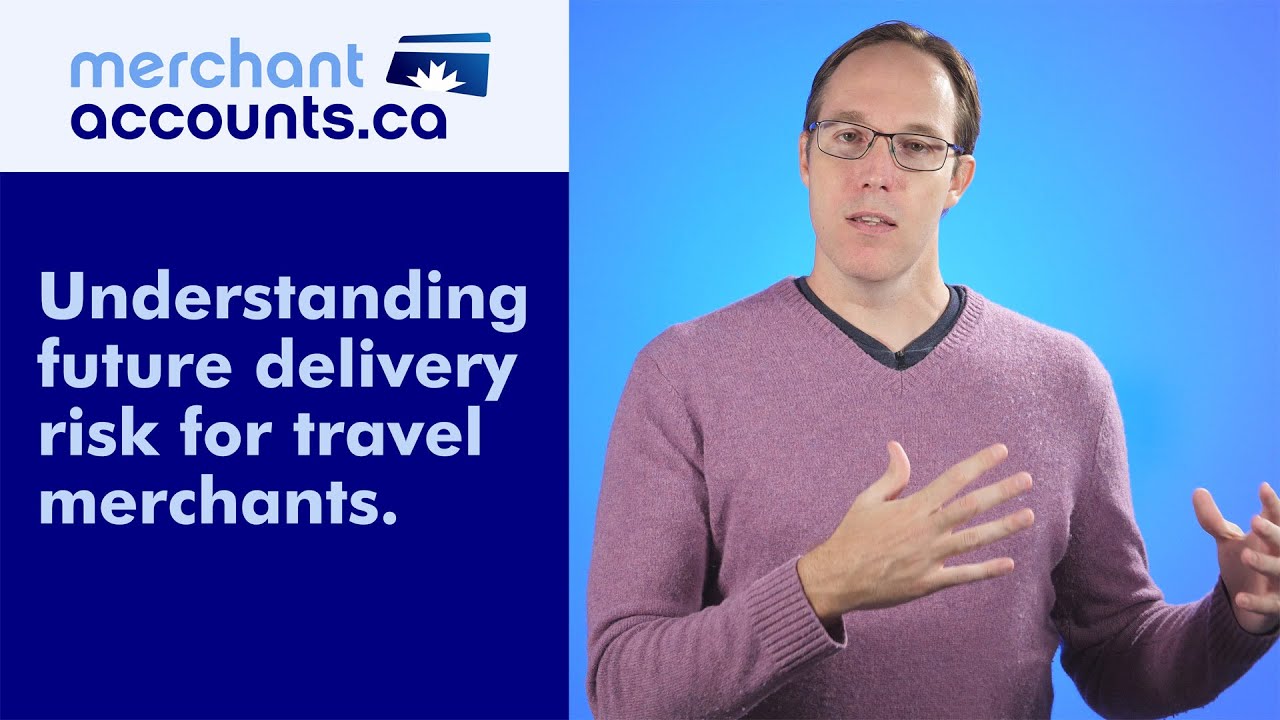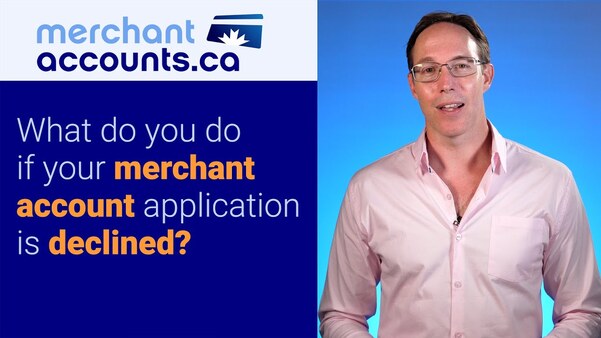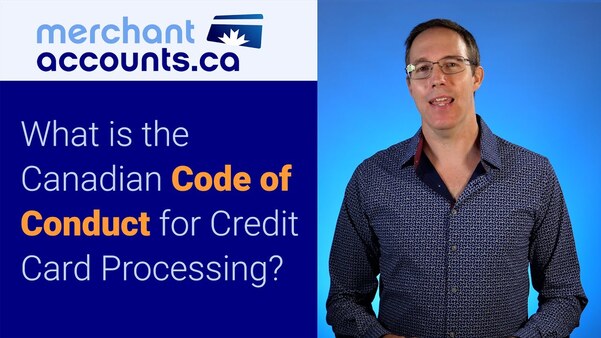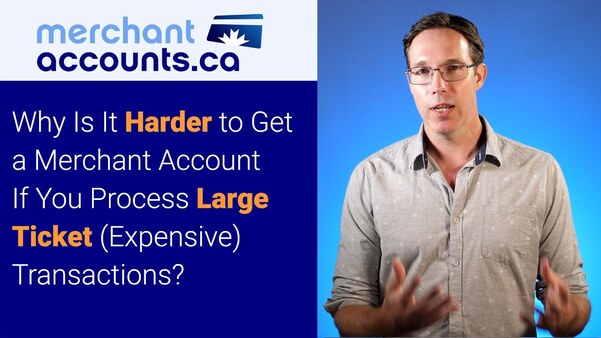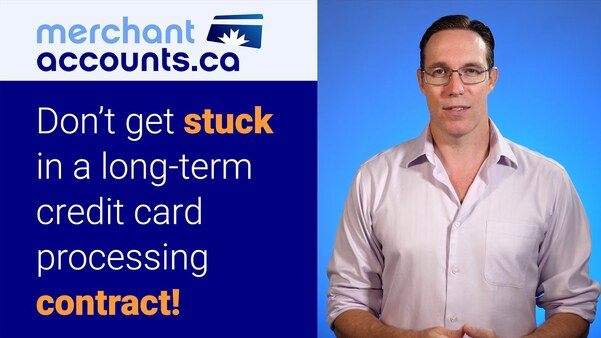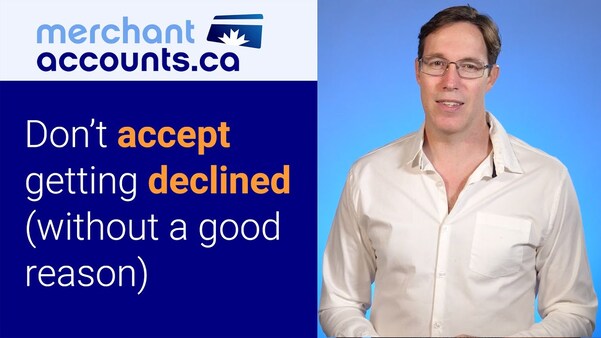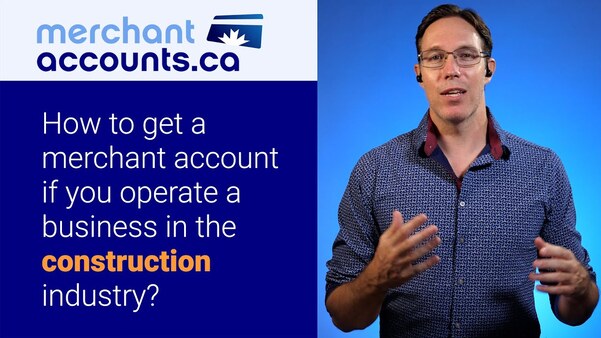June 12, 2023
by David Goodale
What To Do If Your Payment Processor Is Holding Your Funds
(Slightly edited from video transcript for greater readability)
Key Takeaways
Hello, David here at Merchant-Accounts.ca. Today I'm going to tackle the topic of what to do if your payment processor is holding onto your cash, and how to get your money released. Stay tuned. We'll dig in in one second.
Frozen Funds

When this happens, it's incredibly frustrating for merchants. You're businesses is humming along and then your payment processor wants to hold onto your money. If it's the first time it's ever happened to you, it can be infuriating. Who are they to do this? Why would they do this? I'm not here to judge whether it's right or wrong, I'm just going to explain what happened and what you can do about it.
The very first thing we're going to figure out is why is the payment processor holding your money. Sometimes they'll tell you, and sometimes depending on who your payment processor is, you might just get an email and your funds are held, and there's not even an explanation, which is not reasonable. There should always be an explanation. Even if you don't get one, you can start thinking about what are they going to be concerned about.
Chargeback Risk
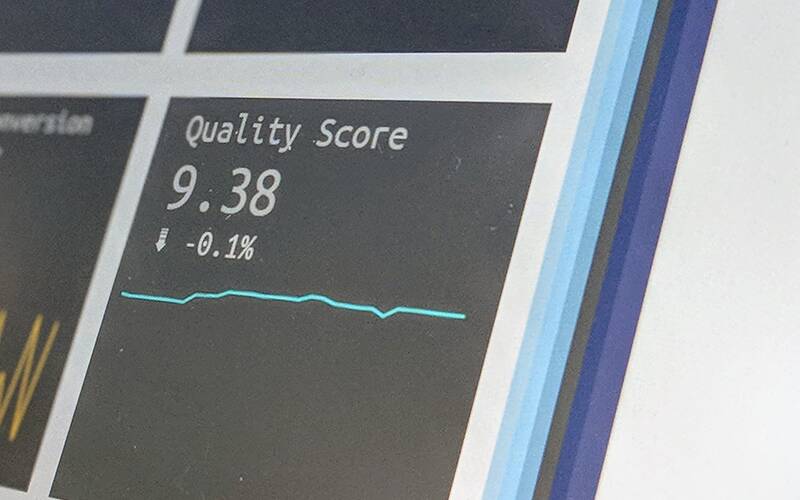
Usually, it's going be something to do with chargebacks. Now, there's lots of content on the channel about what a chargeback is and why it happens. The short version is if a merchant gets a chargeback, meaning your customer calls their bank and they dispute the transaction, hey, this merchant ripped me off and hey, my bank, I want you to forcibly overturn this transaction and return the funds to me the cardholder. That's where a chargeback occurs. If the merchant can't return the funds to the cardholder, well then, the payment processor has to. For every transaction that you process, the payment processor is financially responsible. The reason I'm giving this background is it's quite likely that there's some concern around chargebacks. Let's think about your fir business.
First of all, have you had a big spike in chargebacks lately? Like a lot of chargebacks, or maybe you had one high-value chargeback like you normally do $800 transactions, but you just did an $8,000 transaction and there was a chargeback, or your chargebacks are normally okay, but they're trending in the wrong direction. These are things that could be a cause for concern. If this is a cause for concern, you should be told that this is a cause for concern. I'm trying to help you figure out what might be going on behind the scenes. Step one is to try to figure out what has happened in your business, particularly around chargebacks or even the potential for chargebacks that might cause them to be concerned. Make a note of that.
Future Delivery Risk

We're going to move on to our next point. I just said that there might be a cause for concern. Well, let's talk about that a little bit as well. There's something called the future delivery window in payment processing, and that's where people pay for something today, but they don't get it for a long time in the future. An example of that might be an airline ticket because when you're buying a ticket to fly somewhere unless it's last-minute business travel, you're usually not traveling that day. Again, coming back to my earlier point, everything that you ever sell the payment processor is financially responsible for making sure you deliver to your customers. Have you changed your business in some sort of way where you're taking more money upfront?
Aggregators
I've seen this happen sometimes, especially with aggregators, but just some payment processors tend to adjudicate. They review their risk reactively, meaning they don't ask a lot of questions upfront. Once you get processing, sometimes questions come up as trading volumes increase or whatnot. Has your payment processor recently asked you any questions about your business? Did you explain that you're taking payments upfront for something you're not delivering at some point in the future? That could be another reason for funds being held while they're doing some sort of risk review or something like that. I want to dig in with some actual advice. When a payment processor is holding onto your funds, first of all, it's not acceptable to not give you a very clear explanation of why this was done and what you need to do to get those funds released. Anything short of that is unacceptable. If you're being treated like that, it's a sign of a payment processor that's that you probably don't want to work with.
Let's assume that you have the communication, hey, we're worried because you've had a spike in chargebacks, so we notice your tickets have been very big. Or, we thought you were selling this, but turns out you're selling something else that we didn't understand. Now what you need to do is you need to make a case to the payment processor about why you're not at risk. One of the great points, starting points for this is to talk about your business. How long have you been in business? Who are your customers? Are they long-term returning customers that you have this great long-lasting relationship with? Another really important point, how financially solid is your company?
Risk Perspective
Let's look at these two versions of this story. We're a marketing company and we started last month and we've gotten a few clients and it's going well. Our tickets have gotten bigger. That's version A.
Here's version B. Yes, I'm a second-generation owner of this furniture company and we've been in business for, 48 years and we have tons of returning customers. The second story from a risk perspective is a lot better.
You want to let them know who you are, how long you've been in business, and who your customers are. Then you move on very importantly to the financials. How financially solid is your company? Is your company in a situation where they can just go to bed at night knowing that your customers are going to receive what they paid for? The financials demonstrate that. I'll explain how if a company's making half a million or $5 million a year, then the processor's not going to be worried that you're going to disappear overnight.
Startups
If it's a startup, it's a bigger challenge. Sometimes I don't want to switch too far down this topic, but sometimes I do work with startups and they do take money upfront. The way that you get around it is I'll ask, could you take less money upfront enough to secure the interest of your customer? You're guaranteed to get the sale and I don't want to choke you off from your cash flow, so take what you need, but can you push a slightly larger amount of that payment down the road to the point of delivery? In some businesses that may work with no problems, and in other businesses it doesn't work. This is where you can tweak your business model a little bit to stop taking so much money upfront.
Anti-Fraud
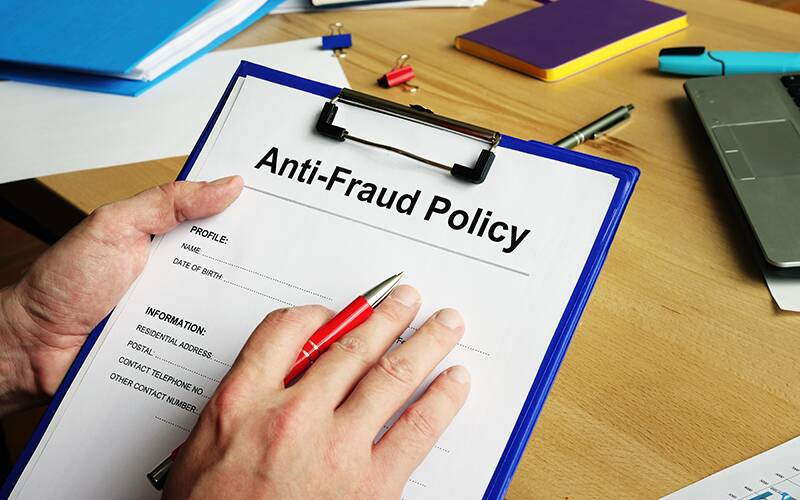
Another thing you can do is talk to your payment processor about your anti-fraud measures. Maybe this is less about the financial shape of your business, maybe it's less about them being worried that your customers will get what they paid for. It's more about fraud. Well, that's where you talk about the processes that you have in place to validate your orders. That can be using something like 3D Secure, the extra checkout step where you're guaranteed to be protected from fraud reason code chargebacks. We have other videos on the channel about that. You could talk about how you screen your orders. Maybe you call every customer where order is more than $500. Let the payment processor know that you know what you're doing, and that you're watching out for your best interests and their best interests. Sometimes reaching your payment processor by phone is difficult. At Merchant-Accounts.ca, our customers always get the phone call because we're very human relationship focused.
Depending on which payment processor you use sometimes you have to contact them by email. You're trying to get to someone that cares and will listen to you and has the account the ability to get what you want to be done, which is releasing your funds. Sometimes if you're working with a very large, very bureaucratic processor, I have to acknowledge that can be very difficult. I cannot help if that's a situation, if that's the case, maybe you need to look for a new payment processor. What you're trying to do is concisely tell your stories condensed on these points in an email or ideally a phone call and let them know and don't be shy about communicating it.
Then past that, we're kind of out in the sticks here. It can be sometimes as simple as maybe you own a cruise line and another cruise line just failed. There's a lot of risk about cruise lines right now. Payment processors are being reactive. Sometimes, unfortunately it can be circumstantial, it might not even be reflecting on your business. Although I should be clear, this is very rare and would be more for large merchants.
Conclusion
In summary it's like how much money are they holding? Why are they holding it? Is it because your chargebacks have gotten out of control? Did they find out that you're not providing the services upfront? Do they know how solid of a business you are? Do they know you're in good financial shape? Reach out, and build that relationship. This topic is a challenging one to answer because there are so many possible reasons. What I've tried to help you understand is the concerns that the payment processor might have and why they might have those concerns. You can anticipate and proactively try to address them when you inevitably get in touch with them and you should get your money returned. I hope this was helpful. Thanks for watching. Have a nice day there. Bye now.
Need professional guidance?
Contact us for a free one hour consultation.
Can I Help Lower Your Processing Fees?
If you found this content helpful, will you give me the opportunity to quote on your business?
View Rates


